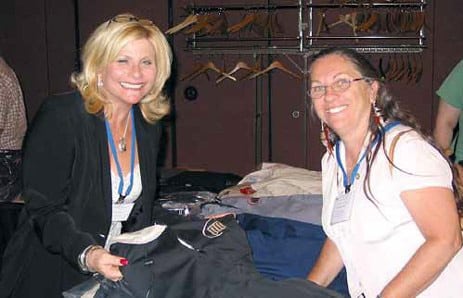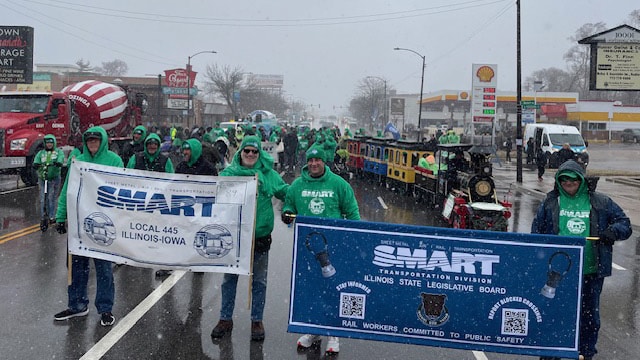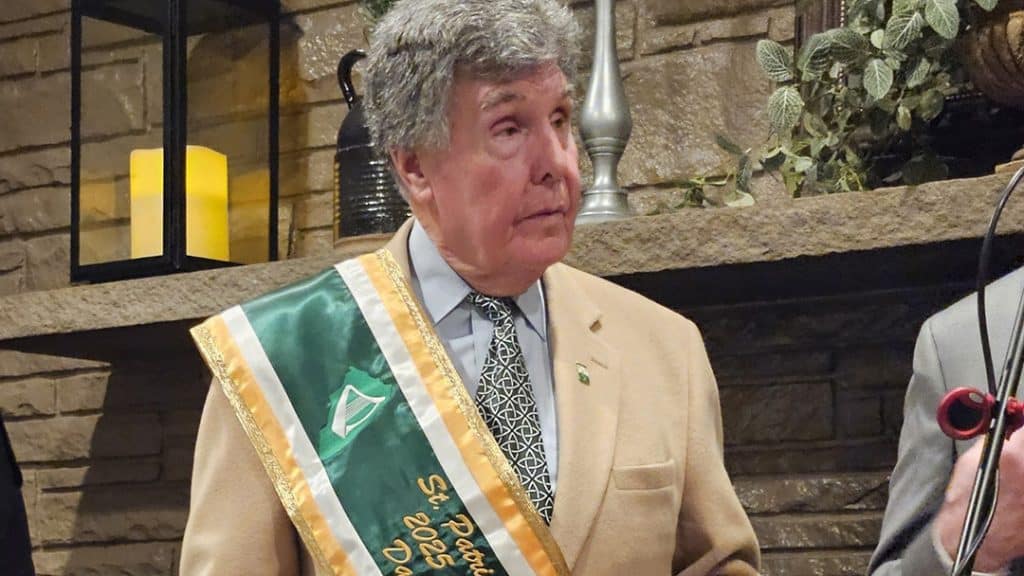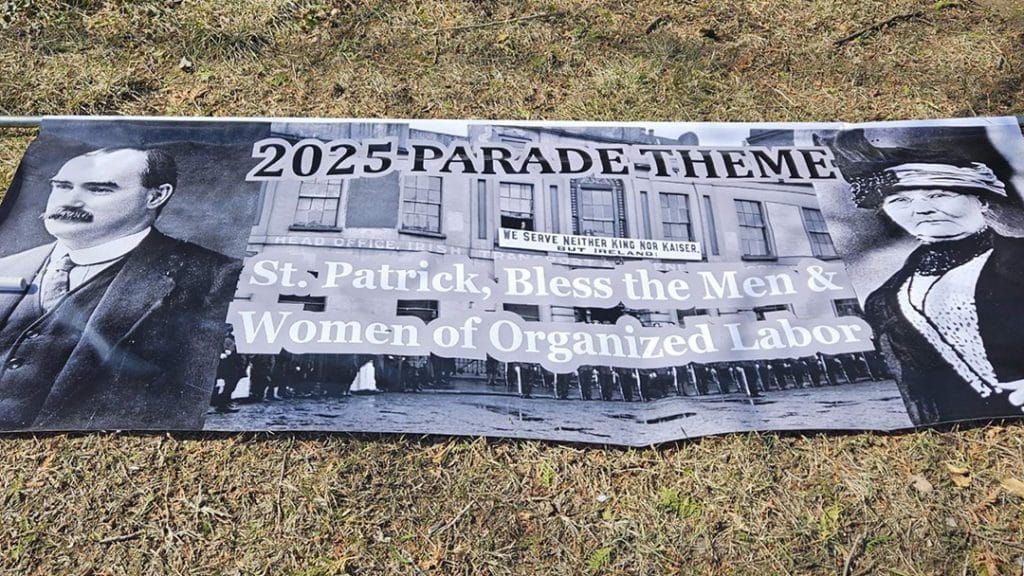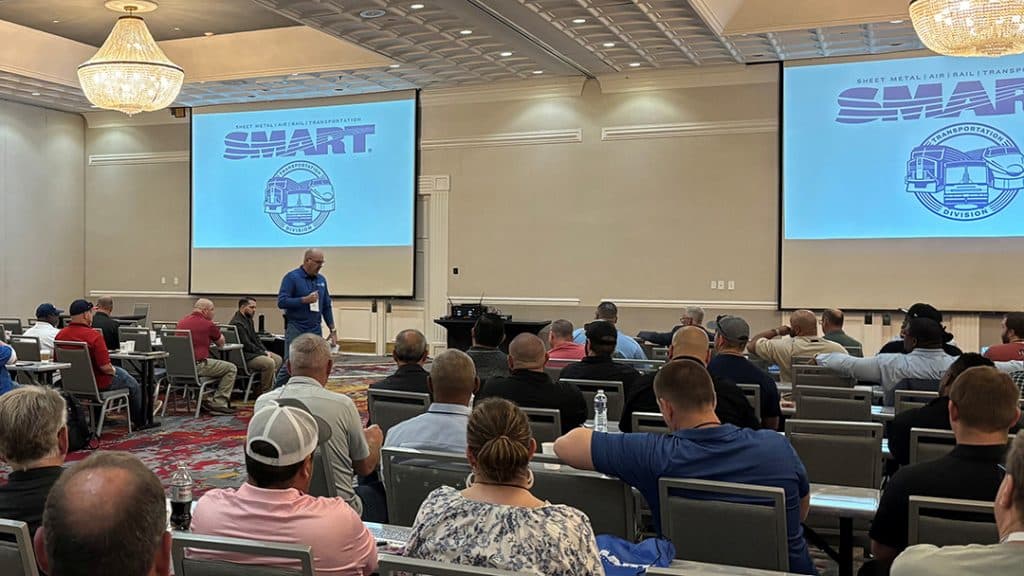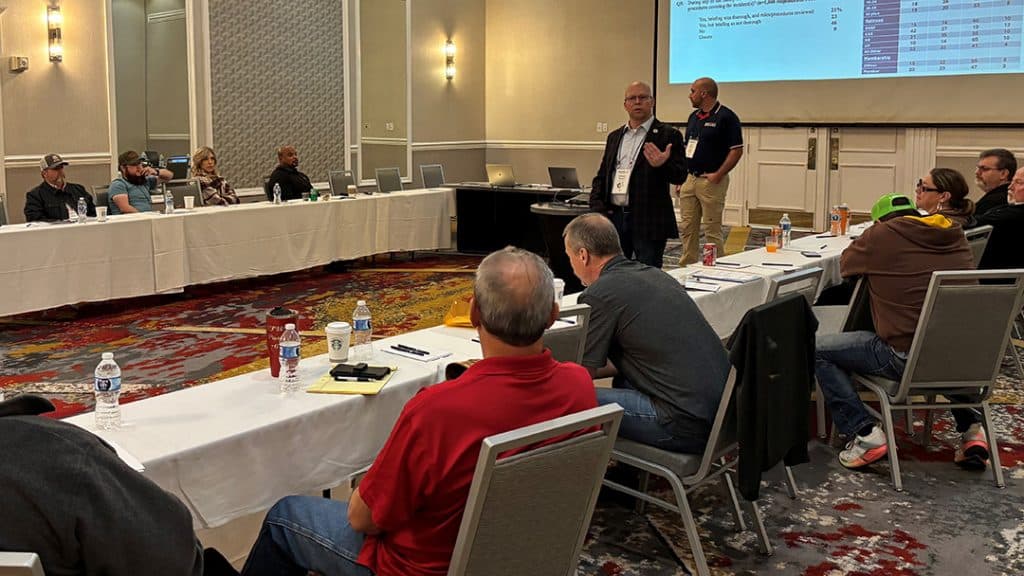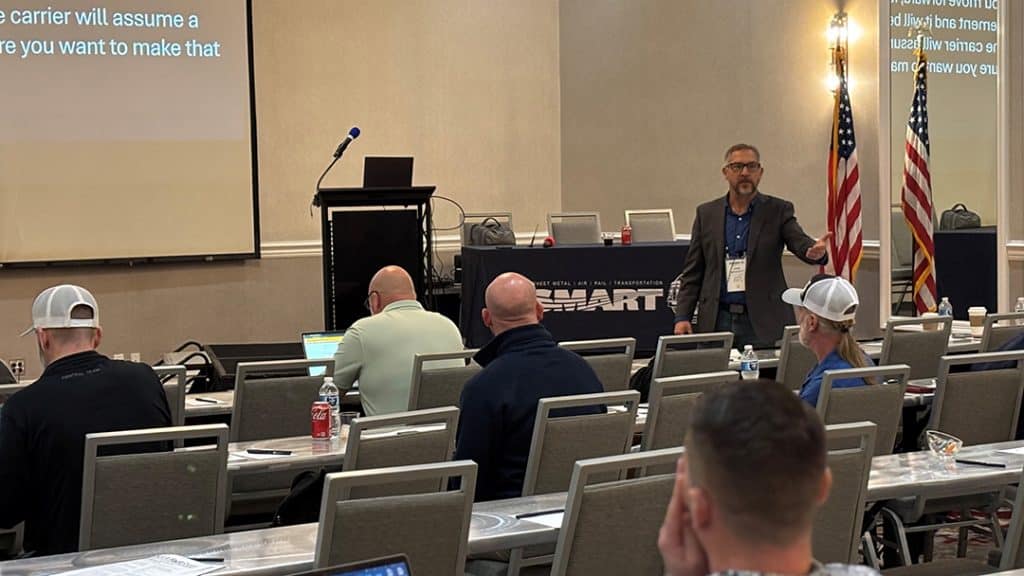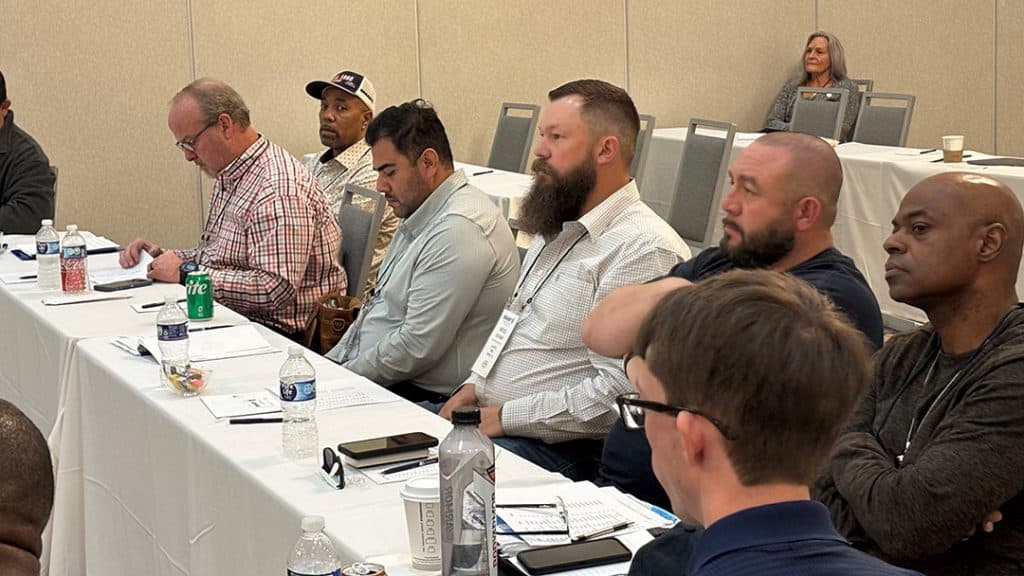After becoming a union member in 2014, Jessica Martin (Local 594) knew that she wanted to get involved.
There was just one problem: she didn’t know exactly how to make that happen. Everything changed at a run-of-the-mill union meeting when she was nominated to be a legislative representative for her local.
“I didn’t even know what a legislative representative was!” she said, laughing. “I was just at the union meeting, and I always wanted to be involved.”
Since no one ran against her, Sister Martin officially became the legislative representative.
“It was mine,” she reflected. “I was excited. I like my position, and I really enjoy it.”
No Such Thing as a Typical Day
When Sister Martin is asked what a typical day looks like as a conductor for Union Pacific, her response is surprising.
“It seems like it’d be so easy to tell people what it is you do all day at work. It just depends on the train, really. I bounce around a lot.”
That also means that she often works with someone new.
“It seems like I work with somebody different every day,” she explained. “Even though it’s always a different person, it seems like we always have the same conversation.”
While she says that working on the railroad makes it feel like she has a hundred little brothers, Sister Martin admits it’s nice change of pace when she gets the opportunity to work with other women.
“When I do, it’s so nice,” she said. “We’re wired differently, and it’s so nice to catch a trip with someone who’s naturally irritated by the same things. I think it’d be wonderful to have more sisters and more solidarity.”
Building Relationships on the Local Level
After three years as a legislative representative, Sister Martin has a good grasp of her role and the responsibilities that come along with it.
Some of that includes handling members’ safety concerns and issues.
She’s also in charge of ensuring that various calls to action are carried out and spreading that vital information, even if that means finding (or, as she puts it, tracking down) members to make sure they’re in the loop.
“I try to be real knowledgeable on everything that’s going on,” she explained.
But as Sister Martin admits, it wasn’t always that easy, especially right after she was elected to her position.
She was enthusiastic and ready to get to work but didn’t know where to begin.
As a first step, Sister Martin reached out to Texas State Safety & Legislative Director Kamron Saunders for advice.
“[I told him that] I really want to do this job, and I want to do it well, but I don’t know what to do,” she remembered.
To start learning the ropes, Sister Martin went to a previous SMART-TD Regional Training Seminar (RTS) that was held in San Antonio.
What she took away from that experience was reinforced at this month’s RTS that was held in Dallas.
“I think it’s incredible that we’re coming here and all of the things we’re going over in class like how to talk to people and be respectful of their body language and things like that,” she emphasized. “ I think it’s very important, because a lot of the concerns, a lot of the issues…[members aren’t] gonna just come directly to you. It just comes naturally with relationships you build with people.”
Getting Things Done
Building those relationships are a big part of what Sister Martin enjoys about being a legislative representative.
“You catch more flies with honey,” she explained. “It helps to be patient and nice. You can’t go in there slamming your hand on the table and expect to get a lot of things done.”
It’s safe to say that Sister Martin hasn’t had a problem getting things done.
She points out that lighting issues have been big in the past year, so she got lights put up in a yard in Mineola.
After that, she had a moment where the lights literally clicked on, and she realized that lights were needed in other places, too.
“It makes it a lot better if you can see what you’re doing at night,” she said. “It’s important.”
These victories at home remind Sister Martin of why she’s so dedicated to speaking up for members on the local level.
“I like being on the local level. I feel like it’s very important to have somebody on the local level that’s gonna do the job well,” she emphasized. “I would be very frustrated if somebody took my position and didn’t do the job at all. You’re looking out for your brothers and your sisters. You’re keeping people safe at the end of the day, and that’s my favorite part about it.”
Banding Together for our Future
Growing up in a rail union family where her father held multiple leadership positions and her grandfather put together the newsletters, Sister Martin remembers riding around to yard offices and seeing that solidarity on display.
“There was so much pride,” she remembers. “You didn’t mess with them. They’re banded together. That’s not a thing anymore.”
She cites the fact that it’s often the same handful of people at union meetings and the frustration of getting members involved or responding to calls to action as reasons why we need to look internally to increase participation.
Otherwise, the results may be difficult to reverse.
“If you have a campfire and you don’t ever put wood on it, it’s gonna die out. Our fire is getting real low. We have to stick together.”
Thanks to local leaders like Sister Martin, extra logs and some Kerosene are being thrown on that fire every day, ensuring that the SMART-TD union is well-positioned for the future.

